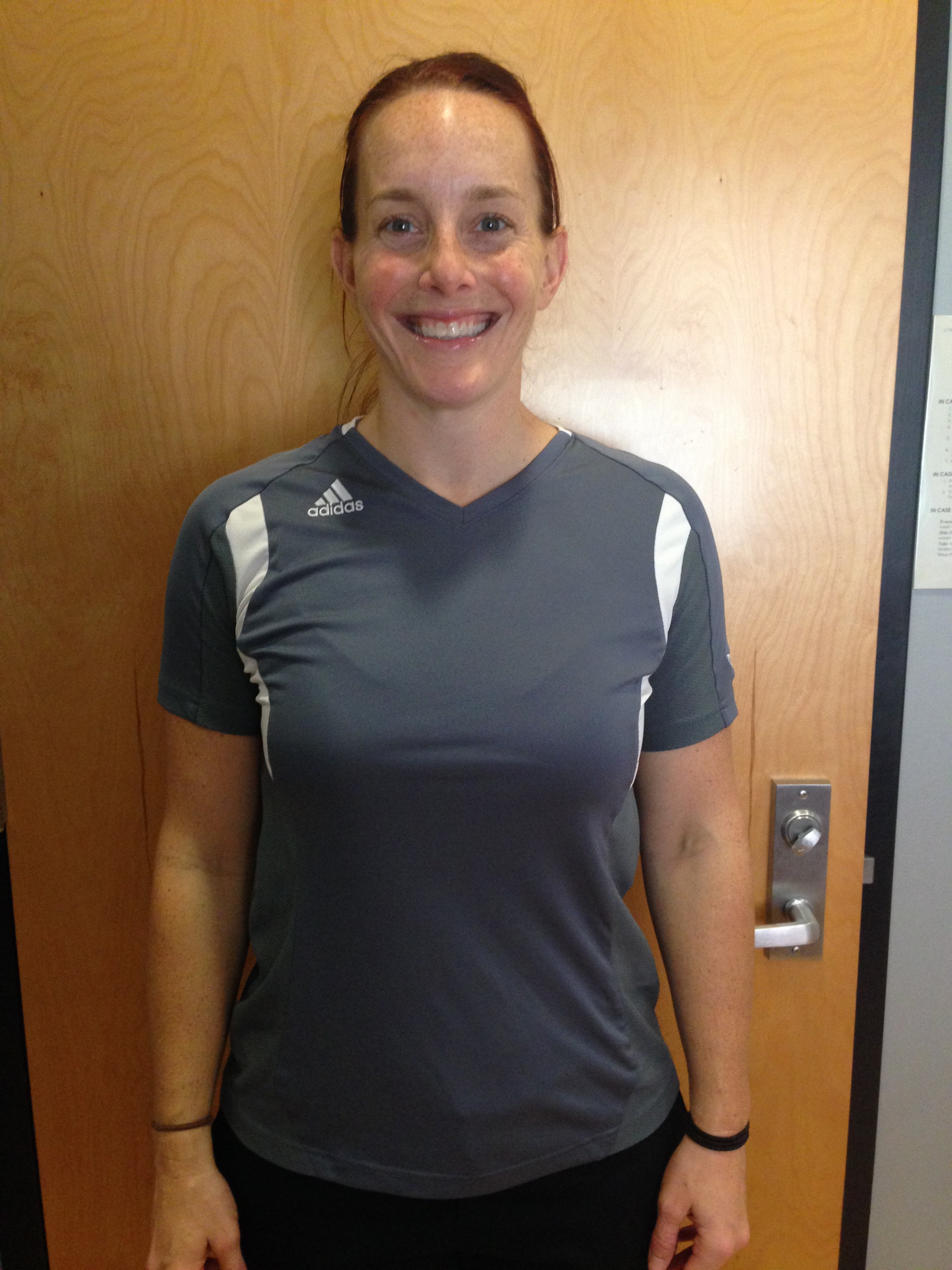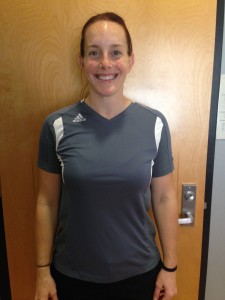
Melissa Carman has seen more than her share backstage in her four years at the O’Reilly Family Event Center.
The box office manager offered The Scoop a view behind the scenes at the concert venue, just as the facility was preparing for the Bryan Adams concert in September.
Tell me a bit about yourself and what you do here at Drury.
I started here in July of 2011, so I’ve been here a little over four years. I kind of got thrown into the fire right away. When I first started we had a concert within a week, so I worked along with the existing staff, came in, shadowed, interviewed and figured out what was going on. I think it was the band Chicago, if I remember correctly. I kind of got a taste for it right off the bat.
I work more directly with the tour manager, and we work with promoters of the facilities. In case you didn’t know, promoters basically are like brokers — they are like the middleman between the talent and the venue. I do have some interaction with the talent themselves, moreso through their tour manager, but it consists of the occasional just checking in on them. Sometimes we send in student workers to help with laundry or run to the store to get something they need.
What is it like working with the big-name performers?
You know, everyone says that they are normal people and they are in a lot of ways, but they do live a grander life compared to a lot of us.
We’ve gotten lucky and got a picture or two with a few of them. Some performers are a bit more reclusive than others. Some of them prefer to stay on their bus during the day as opposed to being in the facility, but you get to interact with everybody.
I guess you can say that we get to “rub noses” so to speak with the stars … so that’s fun.
Ever been star-struck?
Kelly Clarkson was here, which was pretty cool. She was one of those performers that talked a lot, too. She was just walking around the tunnel saying “hi” to everybody. She’s real short, but performers always seem so much bigger when they are up on stage. So that one experience was pretty cool.
Daughtry came, as well, which was neat to get to see him. Then there was Sheryl Crow. She’s played here twice.
How does O’Reilly prepare for the performers?
Well, that starts in the very beginning with ticket availability and price, venue setup, what sections are going to be available for sale and what prices we are going to sell them at.
The tour brings their own stage and other equipment to set up, but we also work with production companies. We have to lay the carpet down; they come in and they set up a stage. Prior to that, they have to measure everything out to make sure it is going to fit. Every tour is different. Kelly Clarkson may have a 50 foot-by-60 foot stage; The Steve Miller Band may have a 30 foot-by-40 foot stage.
We are getting ready for the Bryan Adams show this coming Monday (Sept. 21). He’s going to be the biggest show we’ve had since Kelly Clarkson, and she traveled with like four to five semis worth of stuff. A lot of this is just the stage, backdrop, production equipment, cameras, and sound equipment.
Once everything is measured and set with the ticketing, pricing and staging, then we do a load-in. What a “load-in” is, well, is exactly what it sounds like. All this equipment gets loaded in. We don’t use house sound; it’s all sound brought in. It gets flown, rigging gets hung.
What you call backstage is then prepped. Every artist or band has what they call a rider that has, ‘OK, this is what we want. We want to have catering… this meal provided for this many people…this is what we want.’ For example, Bryan Adams is a vegetarian and his is a little pickier, so we are going to have to go to Mama Jean’s to get a lot of the stuff. Somebody like Kelly Clarkson, she wasn’t, so we might be able to go to Price Cutter or Walmart to get things. It doesn’t have to be food — maybe we will have to get towels or certain drinks or just other equipment.
So then, the day of the show, after the load-in, after getting everything in the rider, and all the production set up, it’s then a matter of fine-tuning the facility. We are making sure the suites are clean and ready to go. We are making sure the doors are scheduled to open at the right time, getting all my ticket equipment ready, and printers fired up and running. The phone is going non-stop because people are not only ordering tickets, but also asking for directions to the facility and still buying tickets up to the day of if we aren’t sold out already.
It starts early on a concert day, but like I said the preparation starts months in advance for each show. Sometimes you are working on more than one show at a time. Like, we just had a concert Friday and we have another Monday. It went really well, we had a sold-out show for Bill Gaither; about 2,800 people showed up and it went really well.
All in all, it’s a very rewarding because you get to meet and work with a lot of interesting people. You know, there are a lot of people behind the scenes that you don’t really think about. It can be tiring and long — awkward hours are just the name of the game, so that’s an aspect that some people don’t think about all the time, but it’s a lot of fun. Never one day is the same as the other.
What is your favorite memory about one of your experiences working in your position?
Well, we had J. Cole come when he was on his way up. He had just won a Grammy, but he wasn’t as big as he is today. You know, hip-hop is a tricky market for a city this size. You have some interest here, enough for a decent crowd, but we didn’t have as much as we would have liked. If we were able to bring him back, we would probably have more people because he is more well-known and more popular. It’s just the name of the game.
Anyway, he had his tour manager, wardrobe assistant, and all his people walking around with him. They all had on baseball caps and the jeans with the screen print shirts so that was kind of fun to see. I think the best part about that was that I got to talk to him. He was pretty polite. Probably thinks I’m an old lady. Anyway it was just fun to watch him on stage and watch everyone get fired up. Like a lot of people were really into it and dancing. Sometimes concerts are more seated, but during that concert it was really fun to people-watch and it was great music, so that was a plus. It was a really good time.
Is there any insider information you would like to share?
Hmm. Well, you know, people always ask us when are the next concerts or who it will be and sometimes we say we just don’t know, when in fact we really do know. We often can’t say yet because we haven’t sent anything out for press release or really notified anybody who helps us out.
We have usually been working on trying to secure the concert and book it eight months before. … We are already trying to work on stuff for spring now, believe it or not.
Another thing that is interesting is that since we are on a campus, we are a little bit different than, for example, the Sprint Center in Kansas City. They may have a little bit more leeway with some of their scheduling and booking, but we’ve got our sports teams that are our biggest clients, so to speak, so we need to be mindful and schedule things around them. It can sometimes make things a little trickier when finding a tour schedule that matches what we are able to do, but Drury is our first priority. There may be some shows we think will work really great but not datewise. If there is a basketball game, we will often say, “Sorry, can we do it a day after … a day before or schedule you during the second leg of the tour?”
